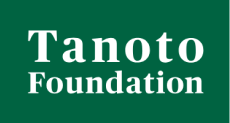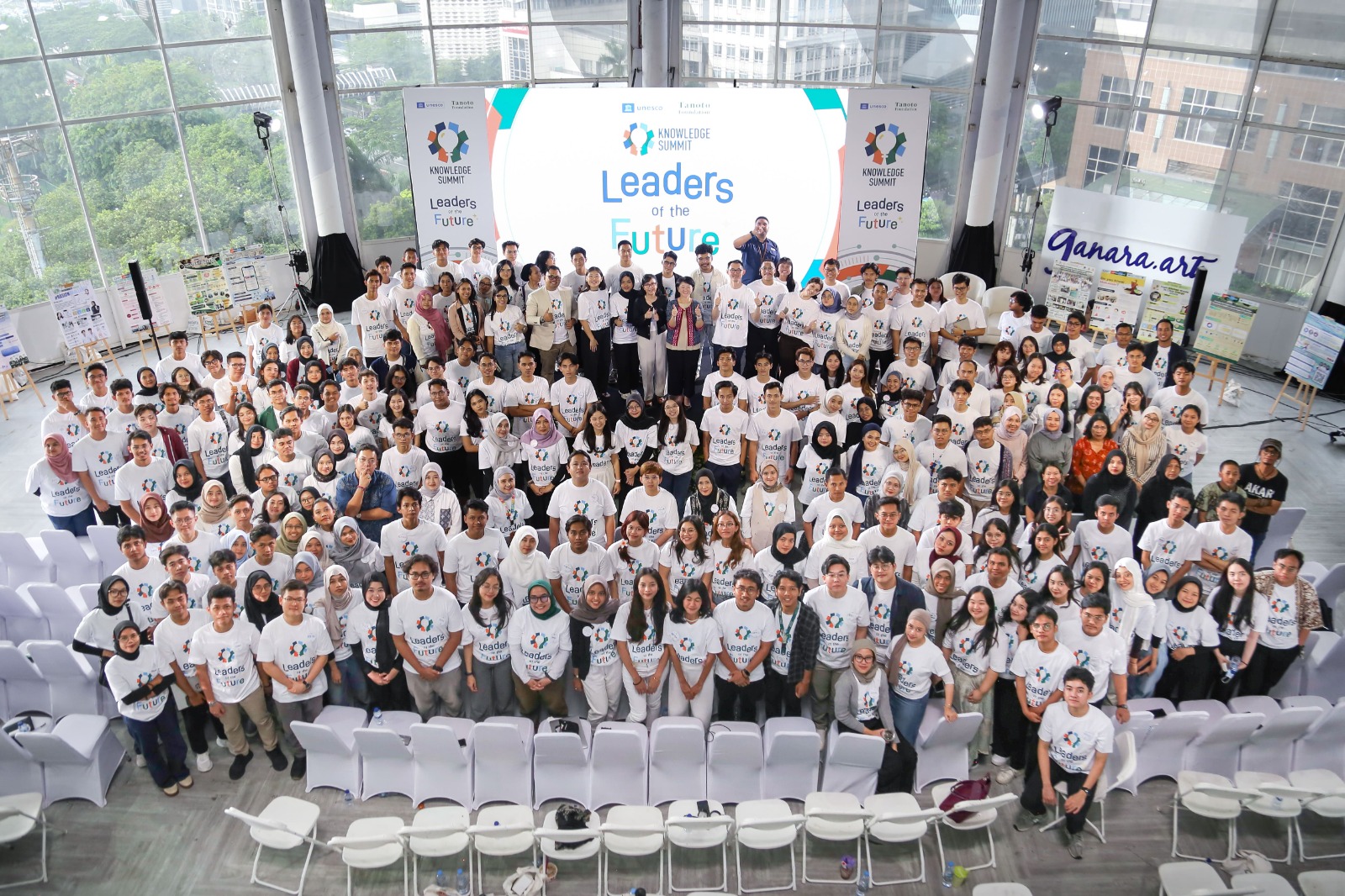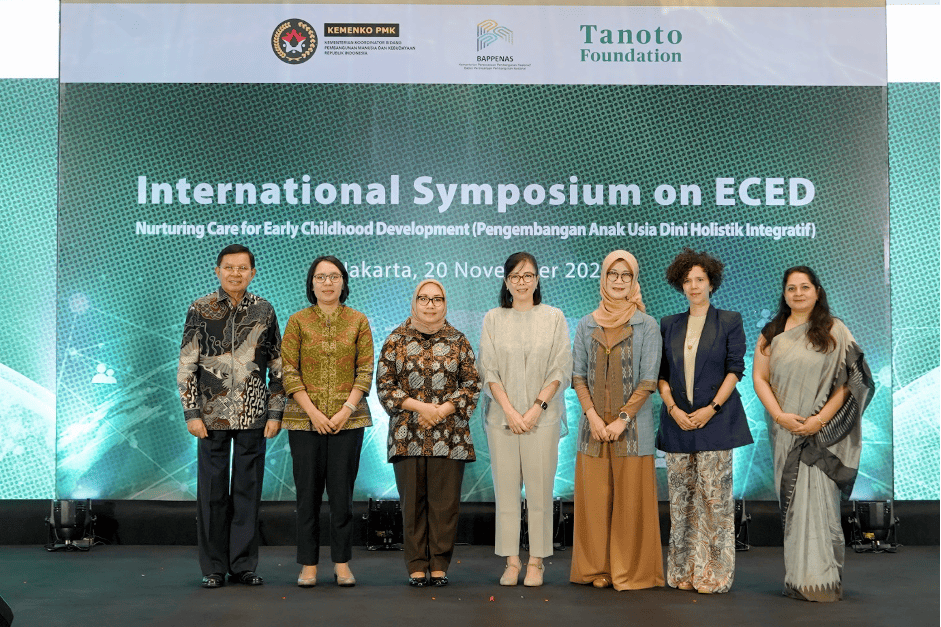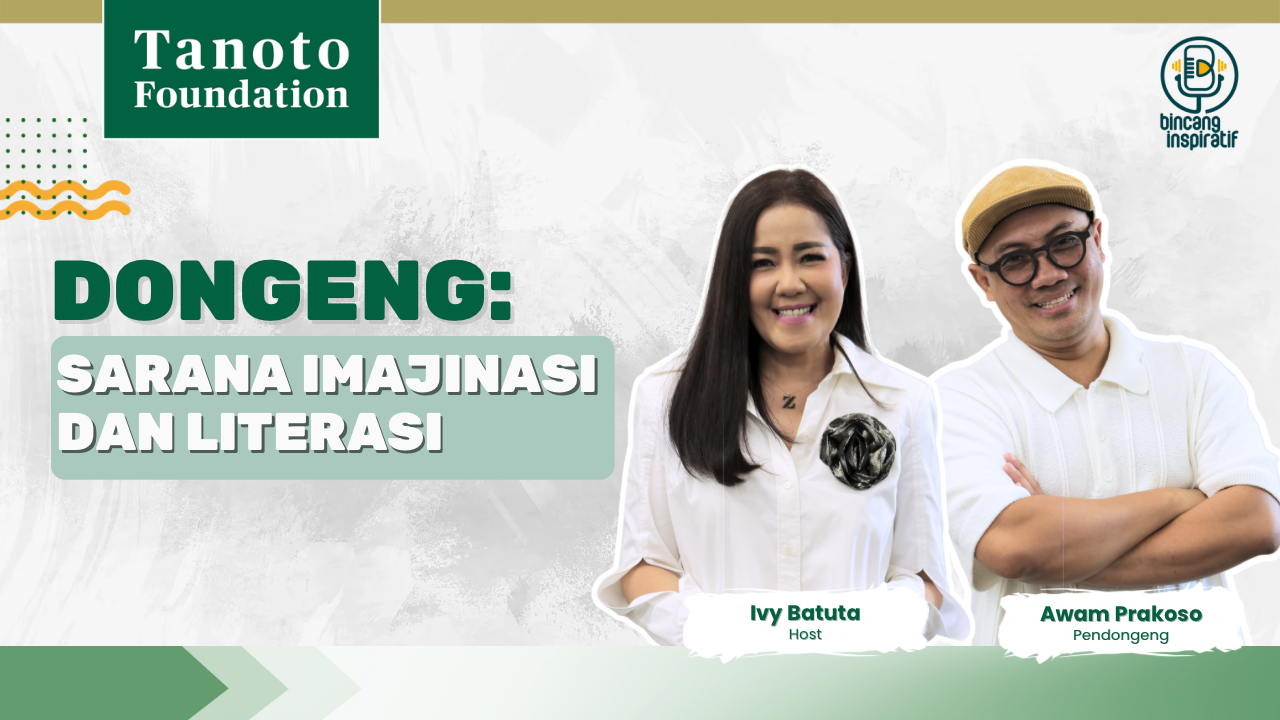Jakarta, 22 November – The Youth as Researchers – Tanoto Student Research Awards (YAR-TSRA), initiated by UNESCO and the Tanoto Foundation, has returned following last year’s success in launching an innovative program aimed at amplifying youth voices through social research and contributing to policymaking.
This year’s Knowledge Summit, held at Ganara FX Sudirman, Jakarta, marks a new chapter in empowering Indonesian youth to address societal challenges through evidence-based solutions.
Building on the success of YAR-TSRA in 2023, this year’s program expanded its reach to include students from Sumatra, bringing the total number of participants to 96 students from various universities across Indonesia.
The Knowledge Summit provides a platform for young researchers to present their findings to policymakers, academics, and private sector leaders, showcasing innovative approaches to tackling Indonesia’s social issues under themes such as mental health, climate action, digital technology, and inclusive education.
YAR-TSRA is more than just a research initiative—it is a transformative platform that equips Indonesian youth with essential skills to tackle real-world challenges. Through training, mentoring, and focused research, participants are empowered to explore topics of personal and social relevance, design robust methodologies, and analyze data to generate actionable recommendations.
Maki Katsuno-Hayashikawa, Director and Representative of the UNESCO Regional Office Jakarta, highlighted UNESCO’s collaboration with thousands of youth worldwide through the establishment and support of youth-led initiatives and networks. These efforts enhance their capacities, foster knowledge production, and create spaces for dialogue between youth, policymakers, and civil society organizations.
“Today, we see how students produce high-quality research, such as the impacts of government climate policies in the Thousand Islands; leveraging digital technology to map hidden culinary adventures in Makassar; and strategies for fostering inclusive education for children in fishing villages
in Medan. This demonstrates that youth can contribute and drive change. YAR-TSRA participants exemplify that young people are leaders of both today and tomorrow,” Maki added.
Michael Susanto, Head of Leadership Development & Scholarship at the Tanoto Foundation, emphasized the growing voices and roles of youth as key drivers of sustainable development.
“Young generations are increasingly aware of global issues such as education, social inclusion, and climate resilience. The Tanoto Foundation, an independent philanthropic organization in education founded by Sukanto Tanoto and Tinah Bingei Tanoto in 1981, focuses on developing human resources across various segments, including higher education. Government collaborations with universities and development sectors can create platforms to empower youth and lay the foundation for them to drive change,” Michael stated.
“Through our collaboration with UNESCO and partner universities, the Tanoto Foundation has introduced the *Global Youth as Researchers* program as a model for Indonesian youth to gain hands-on field experience and develop solutions and policy recommendations to address gaps in their communities. We hope more young people realize they can also become change agents and contribute to local actions. Moving forward, we aspire to initiate more collaborative efforts to bring youth perspectives and creativity into development solutions,” Michael concluded.
One YAR-TSRA participant, Muh Nurfaiz Fahmi from Hasanuddin University, expressed his excitement about being part of the prestigious UNESCO Youth as Researchers – Tanoto Student Research Awards program.
“My team and I are thrilled to contribute to a more equitable digital future through our project to enhance domestic recognition of our city. Despite facing challenges like tight deadlines and technical obstacles, we take pride in our team’s resilience and dedication. We are grateful that our voices as young researchers are heard and valued by UNESCO and the Tanoto Foundation,” Nurfaiz said.
A Platform for Change: Key Research Areas
This year’s Knowledge Summit highlighted youth-led research across four categories, each addressing pressing challenges and offering innovative solutions.
1. Advancing Mental Health
Young people are directly affected by society’s understanding of mental health, and the YAR-TSRA program provides a critical platform for them to contribute to related policy discussions. YAR-TSRA participants applied these perspectives to local contexts, addressing issues like postpartum depression at community health posts (*posyandu*) and toxic relationships among teenagers. Their passion for destigmatizing mental health is evident in their research projects, which universally advocate for better mental health support.
2. A More Equitable Digital Future
Rapid digital transformation not only enhances efficiency and creates new opportunities but also widens disparities. In Indonesia, digital literacy remains a significant challenge for marginalized communities, particularly MSMEs. YAR-TSRA groups explored this gap and proposed practical solutions to create a more inclusive digital ecosystem in Indonesia.
3. Transformative Inclusive Education
Education is a lifeline for marginalized communities, yet systemic inequalities often hinder inclusive access. Through their research, YAR-TSRA participants proposed creative solutions to enhance education access across the archipelago. Their studies addressed crucial social issues, such as implementing holistic education to engage marginalized Papuan students in Bogor. Their work underscores the transformative potential of inclusive education in empowering underserved communities.
4. Innovative Climate Solutions
Climate change poses an urgent threat, representing a crisis that impacts livelihoods today. One critical issue is fostering innovative solutions to combat climate change. From utilizing biodigester residue as fertilizer in Jatinangor to addressing MSME emissions in Yogyakarta, this year’s research emphasized the importance of local solutions to tackle global challenges. These student-led studies offer practical insights into sustainable practices that protect communities while preserving the planet.
Youth-led research is essential for creating inclusive scientific studies that reflect diverse perspectives and experiences. This approach also introduces novel ways to shape evidence-based policies and legislation, ensuring young voices are heard in decision-making processes. UNESCO and the Tanoto Foundation proudly announce the successful conclusion of the second YAR-TSRA program in Indonesia, which has successfully amplified the voices of Indonesian youth in research and policymaking.
***
About the Tanoto Foundation
The Tanoto Foundation is an independent philanthropic organization in education founded by Sukanto Tanoto and Tinah Bingei Tanoto in 1981 on the belief that everyone should have the opportunity to realize their full potential. Its programs are based on the belief that quality education accelerates equal opportunities. The foundation works to unlock potential and improve lives through quality education, from early childhood to productive age. Its three pillars are enhancing learning environments, developing future leaders, and facilitating medical research.
For further information, please contact:
Tanoto Foundation Communications Team
Email: communications@tanotofoundation.org
Website: http://www.tanotofoundation.org





